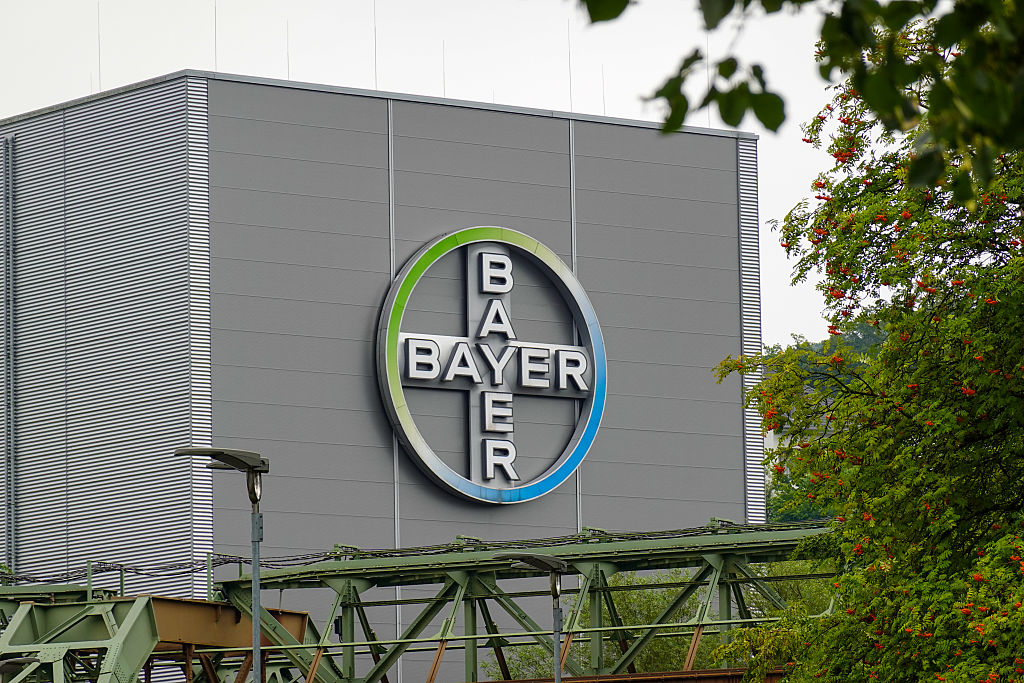Commissioner Hoekstra keeps tax on sugar, salt open for future EU budget
At a College of Commissioners meeting, the EU commissioner for taxation floated the idea as a potential new own resource

Wopke Hoekstra, the EU commissioner whose portfolio includes taxation, told his colleagues in July that taxation on sugar or salt could form part of the EU’s future own resources, according to minutes of a meeting seen by Euractiv.
During a lengthy meeting of the College of Commissioners on 16 July – the day the long-term EU budget proposal for 2028–2034 was presented – Hoekstra, the EU commissioner for climate, net zero and clean growth, outlined new own-resource options intended to finance the bloc’s long-term budget.
Among the proposals for the next budget are a new tax on corporations, as well as on national tobacco revenues, with the aim of collecting €52.8 billion per year.
However, the Dutch commissioner said that additional options could be explored in the future – such as those related to the circular economy or the digital field – and could include taxes on consumer products high in salt or sugar. He noted, however, that “in-depth technical and political analysis was still needed for some of these options.”
New taxes not an easy option
Euractiv understands that this tax will not be included in the next EU budget, but could be an option in the future. Substituting or introducing new taxes as own resources midway through a budget period would be a lengthy and complex process, as it would require the unanimous agreement of the member states, and the consent of the European Parliament.
The idea of imposing taxes on highly processed foodstuffs has been circulating in Brussels of late. Health Commissioner Olivér Várhelyi said in September that he was open to a taxation system on products high in sugar, fat, and salt to help finance public health initiatives. As Euractiv reported, Várhelyi’s home country, Hungary, has a similar tax, which, according to a study, has proved largely ineffective in the fight against obesity.
According to a source close to the Commission, internal calculations suggest such a levy could raise between €2.5 and €2.7 billion annually, earmarked exclusively for public health – well above the €4.4 billion currently allocated to the sector in the 2021–2027 budget.
“We will see taxes on sugary beverages everywhere; they are easy money, and national parliaments are going for it,” researcher Hana Ross from the Vienna Institute for International Economics told Euractiv on Tuesday. She also cited the WHO, saying that taxation should be at least 20% of the price to have a tangible effect on health.
UPDATE: This story has been updated to clarify timing of tax’s potential application
(aw)



